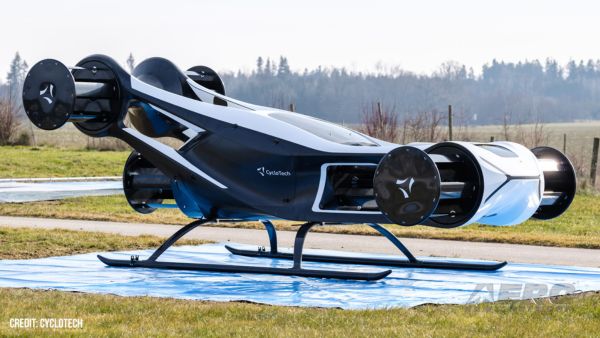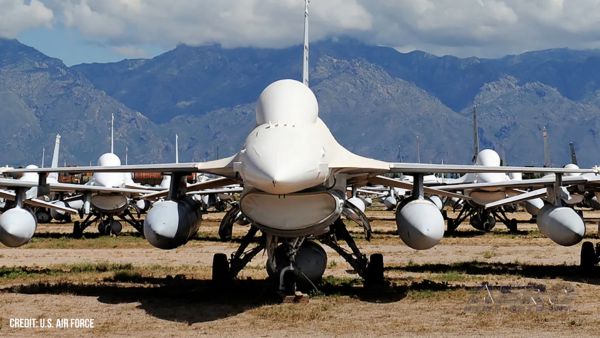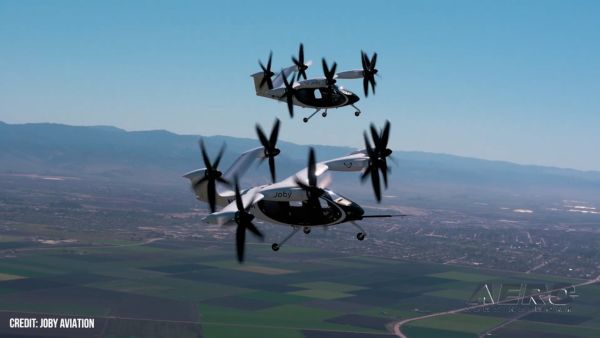Tue, Sep 09, 2003
Northrop Grumman
Corporation has signed a contract worth $160 million with The
Boeing Company to deliver four Multi-role Electronically Scanned
Array (MESA) radar systems for Turkey's "Peace Eagle" 737 airborne
early warning and control program.
The Turkish government selected the Boeing-led team in 2001.
Contract negotiations
were completed in late 2002, and the Peace Eagle program officially
started in July 2003. Delivery of the four MESA systems is
scheduled to begin in August 2005 and conclude in June 2007. Boeing
is slated to deliver the first fully integrated aircraft to Turkey
in July 2007, with the fourth delivery scheduled for June 2008.
Designed under contract to Boeing for the launch customer, the
Australian Defence Force's Project Wedgetail, the multiband MESA
radar is integrated into a modified 737-700 aircraft. Mounted on
the top aft section of the fuselage, the antenna enables a
360-degree azimuth scan with no mechanical rotation. It provides
multiple surveillance applications, using pulse Doppler radar forms
for aerial search and pulse forms for maritime surface search, as
well as an integrated identification friend-or-foe capability that
uses the same aperture.
"The importance of this second customer for the 737 MESA cannot
be overemphasized," said William R. Adams, vice president of
Airborne Surveillance Systems at Northrop Grumman's Electronic
Systems sector. "Turkey's order folds nicely into our production
effort for Australia's Wedgetail program, and it positions the
product line to take advantage of near-term opportunities in other
friendly nations as well."
The MESA antenna consists of an advanced composite structure
that supports side-emitting electronic manifold arrays and a "top
hat" end-firing array. Its ultra-light foam sandwich construction
enables state-of-the-art performance at a fraction of current
system weights, allowing additional time on station for the
aircraft.
The first MESA antenna for Project Wedgetail was rolled out in
October 2002 at Northrop Grumman's Baltimore facility and installed
on the company's test range for integration and pattern testing. It
will be delivered to the Boeing military flight center in Seattle
in September 2003 for integration with the airframe. The first test
flight is scheduled for May 2004. The production effort then
supports an interleaved schedule for both customers.
More News
Aero Linx: International Federation of Air Traffic Controllers' Associations (IFATCA) IFATCA is the recognised international organisation representing air traffic controller associ>[...]
“The BlackBird is more than a demonstrator—it’s a flying testbed for the future of aviation. To see it take flight in such a short time is a testament to our team>[...]
Glideslope Intercept Altitude The published minimum altitude to intercept the glideslope in the intermediate segment of an instrument approach. Government charts use the lightning >[...]
Also: MQ-9B UAS MTC, FlightSimExpo, New JPL Director, Japanese Lunar Lander Preps Merlin’s flight testing campaign continues to rapidly progress with its certification-ready >[...]
From 2017 (YouTube Edition): The Airplane From Down Under Is A Proven Trainer… Jabiru was one of the early light sport aircraft (LSA) brought into the U.S.A. when the sport >[...]
 ANN's Daily Aero-Linx (05.16.25)
ANN's Daily Aero-Linx (05.16.25) Aero-News: Quote of the Day (05.16.25)
Aero-News: Quote of the Day (05.16.25) ANN's Daily Aero-Term (05.16.25): Glideslope Intercept Altitude
ANN's Daily Aero-Term (05.16.25): Glideslope Intercept Altitude Airborne-NextGen 05.13.25: Merlin Tests, Dronetag Accuses, Flying Car?
Airborne-NextGen 05.13.25: Merlin Tests, Dronetag Accuses, Flying Car? Classic Aero-TV: Jabiru's New J170-D - An Upgraded and Fine-tuned LSA
Classic Aero-TV: Jabiru's New J170-D - An Upgraded and Fine-tuned LSA


